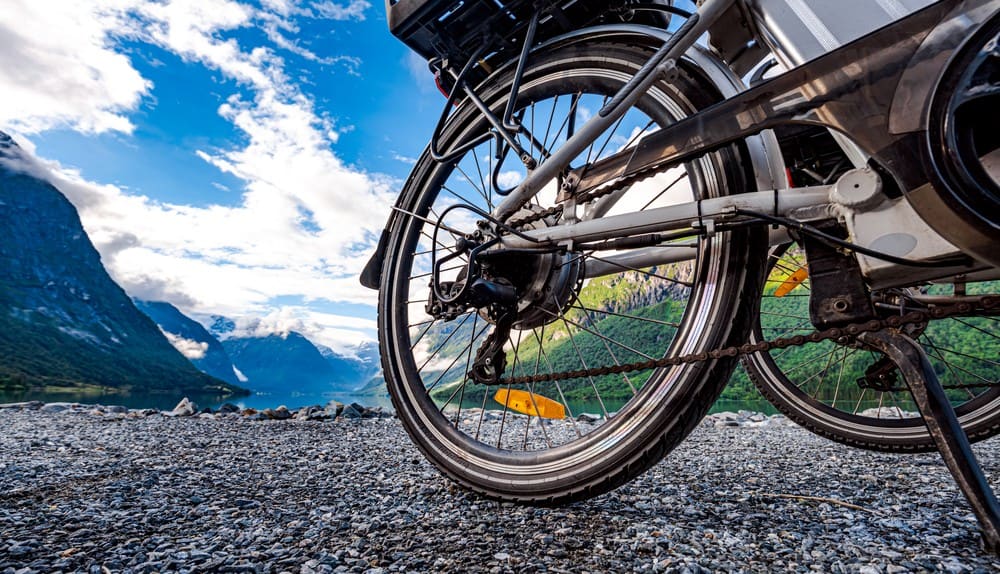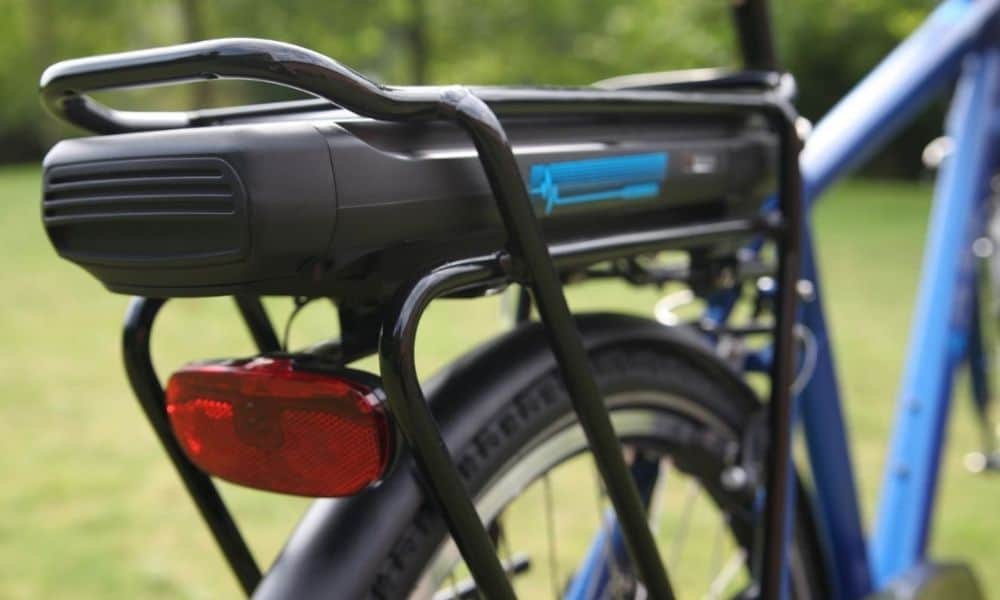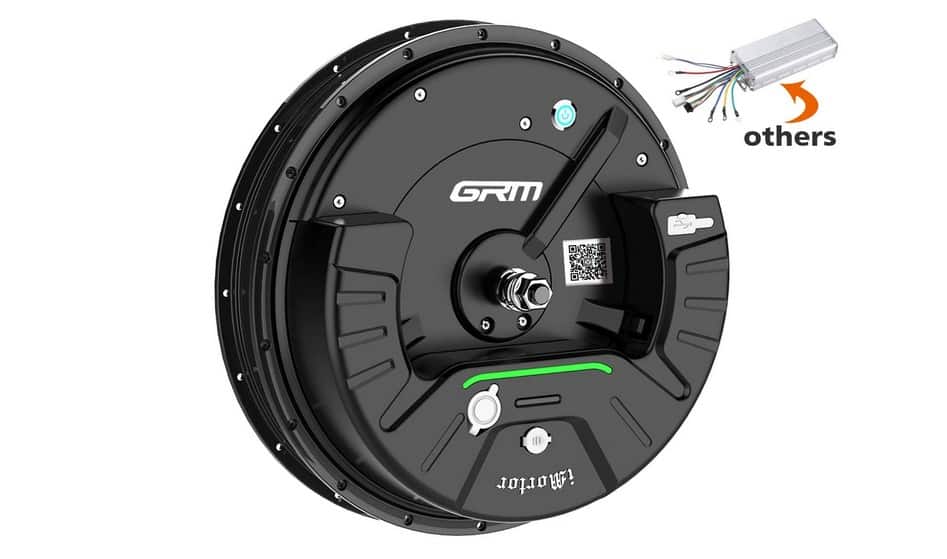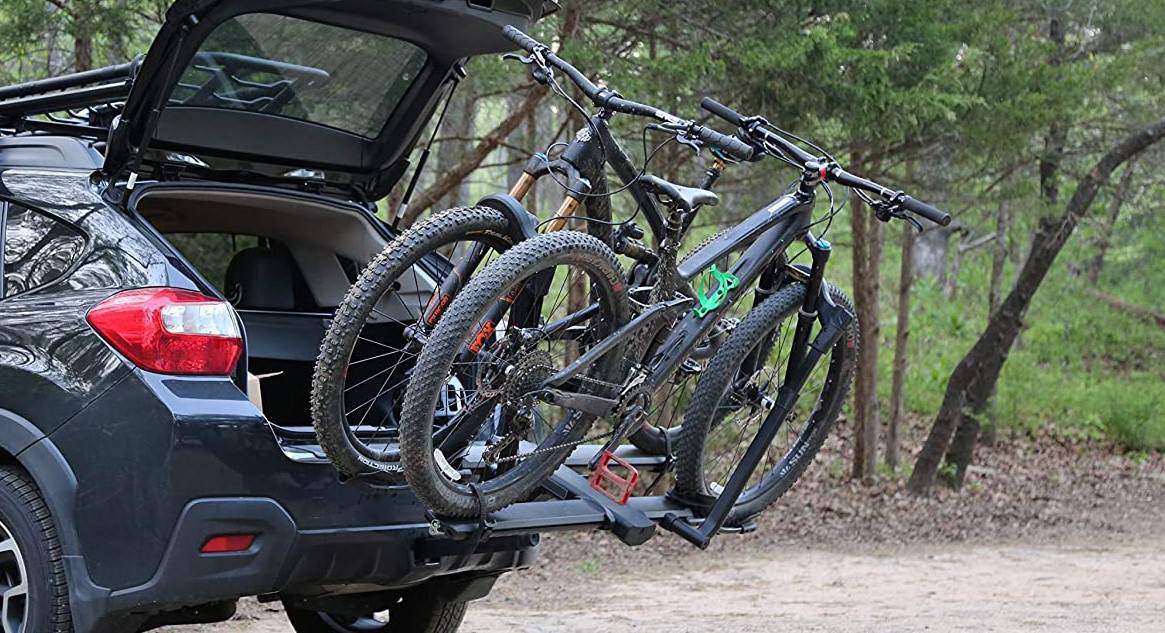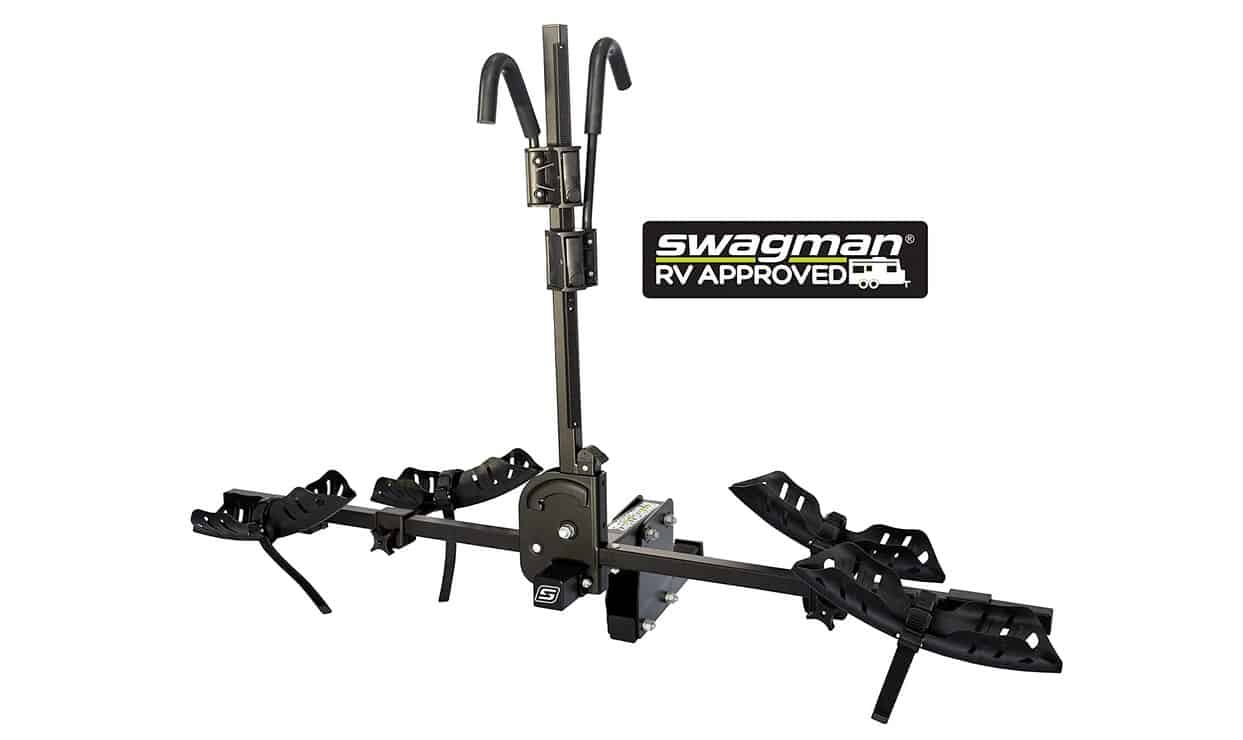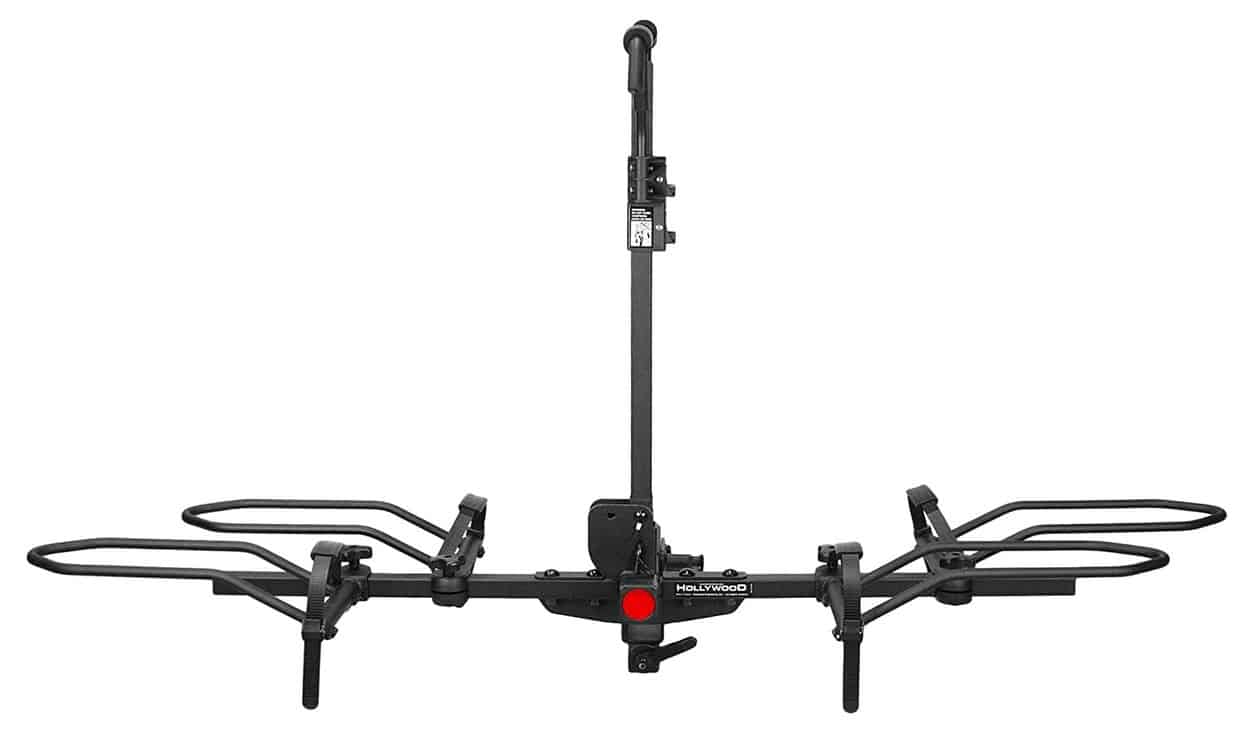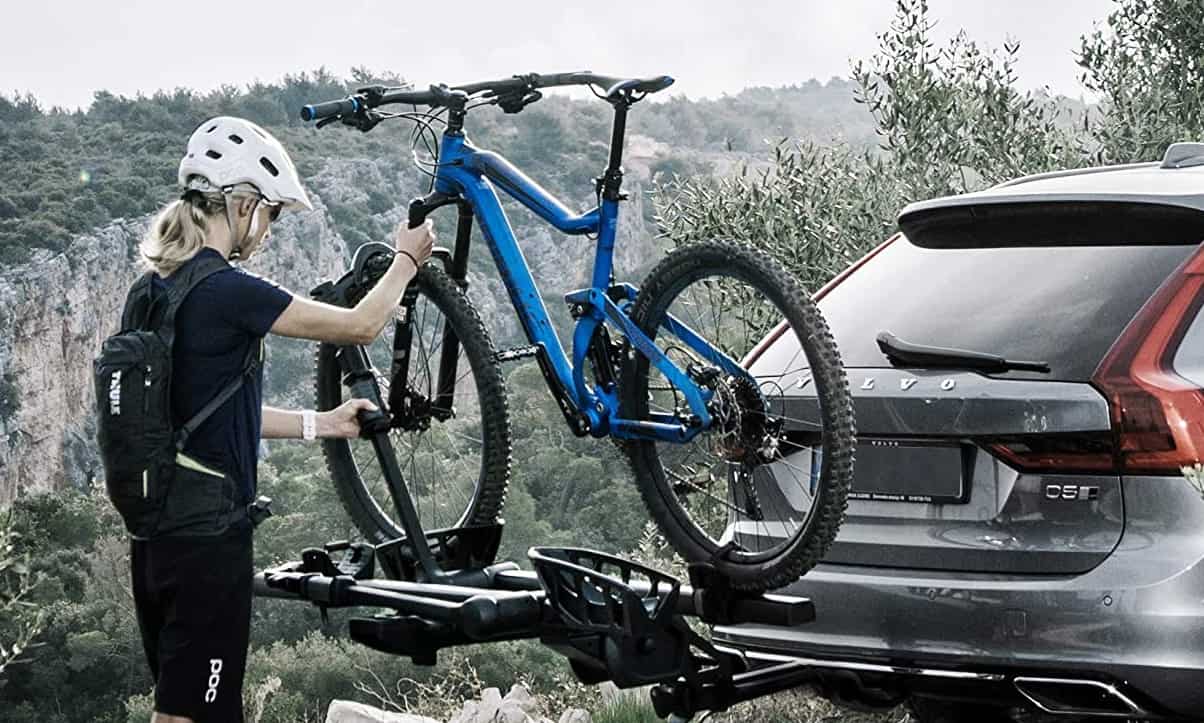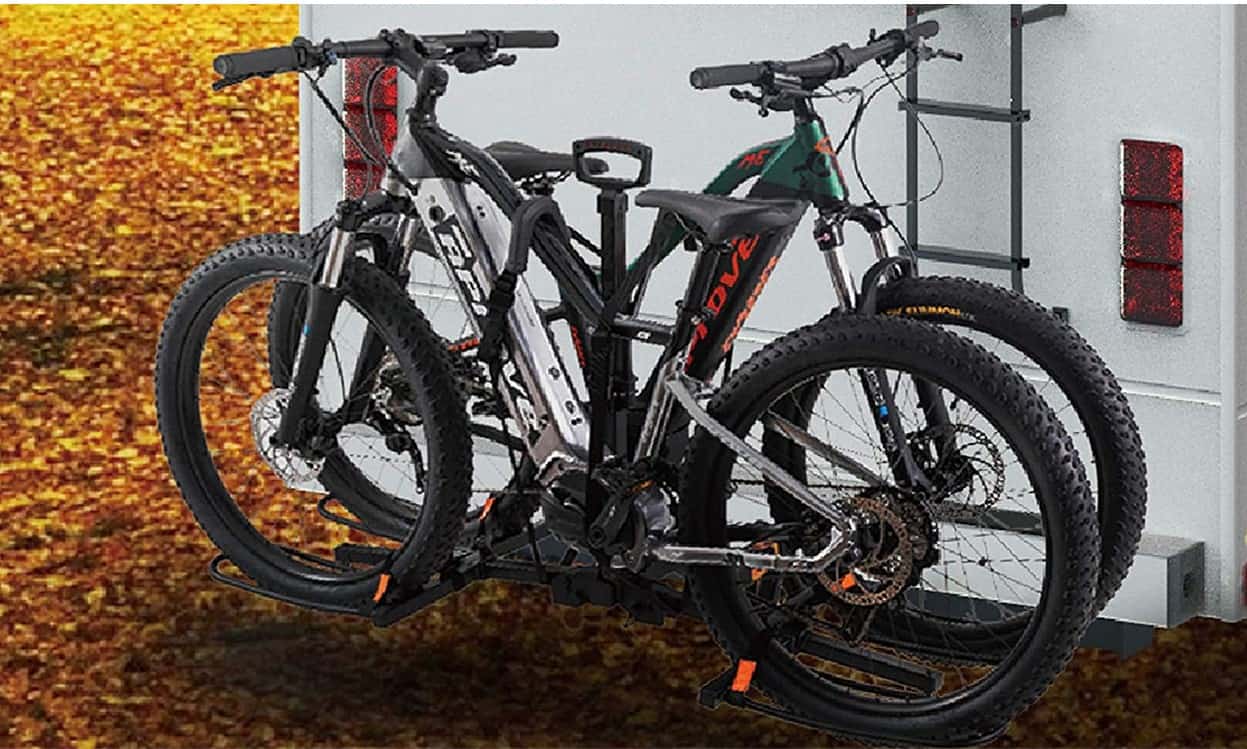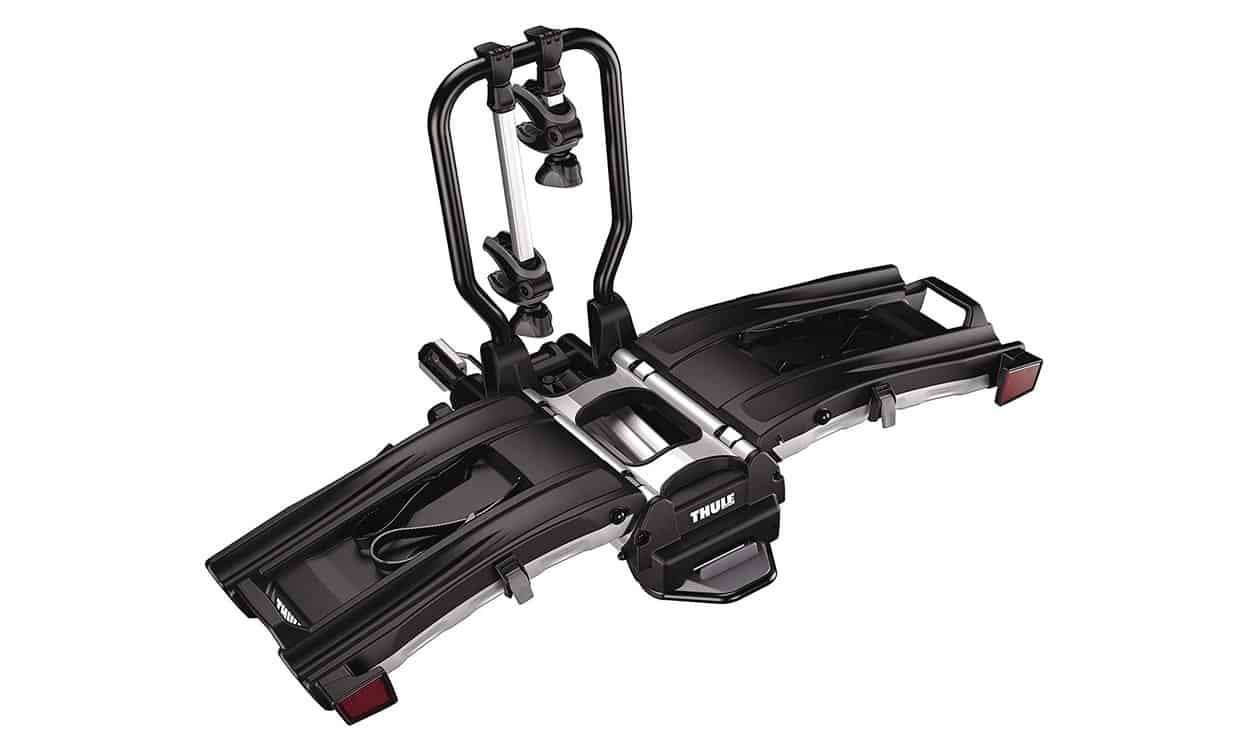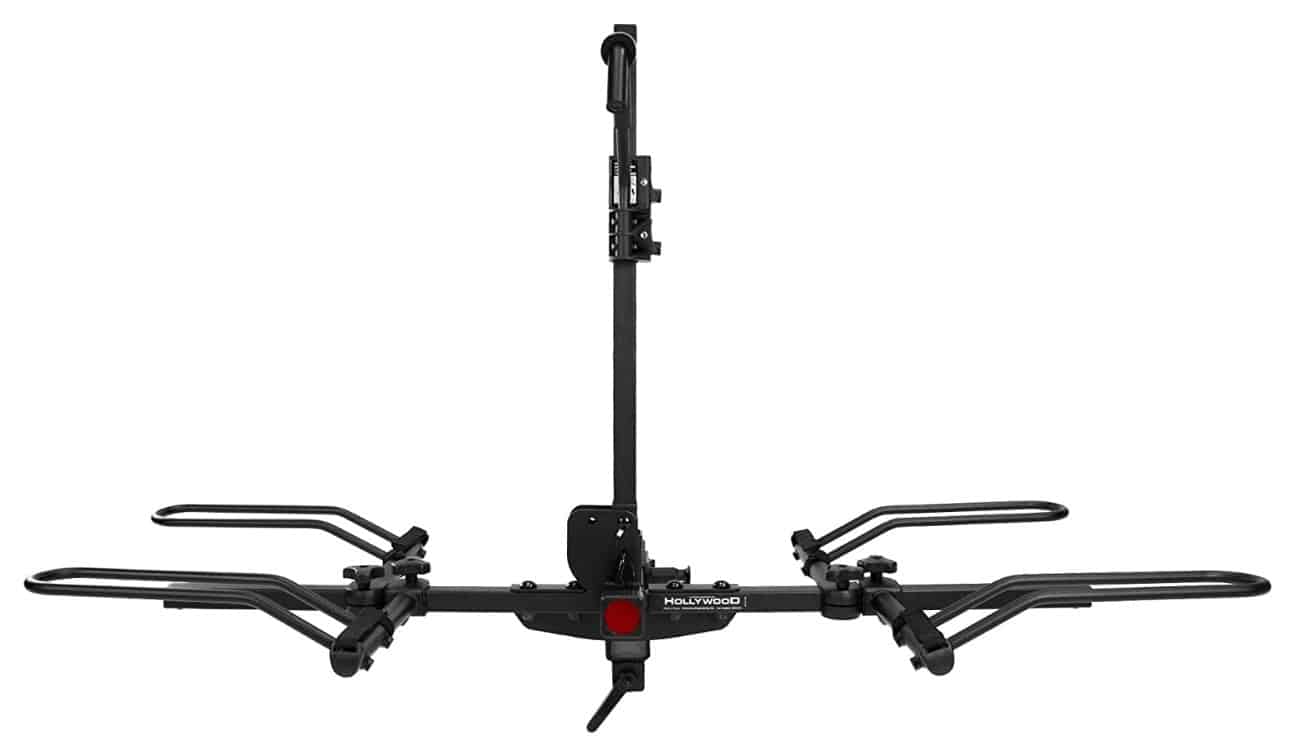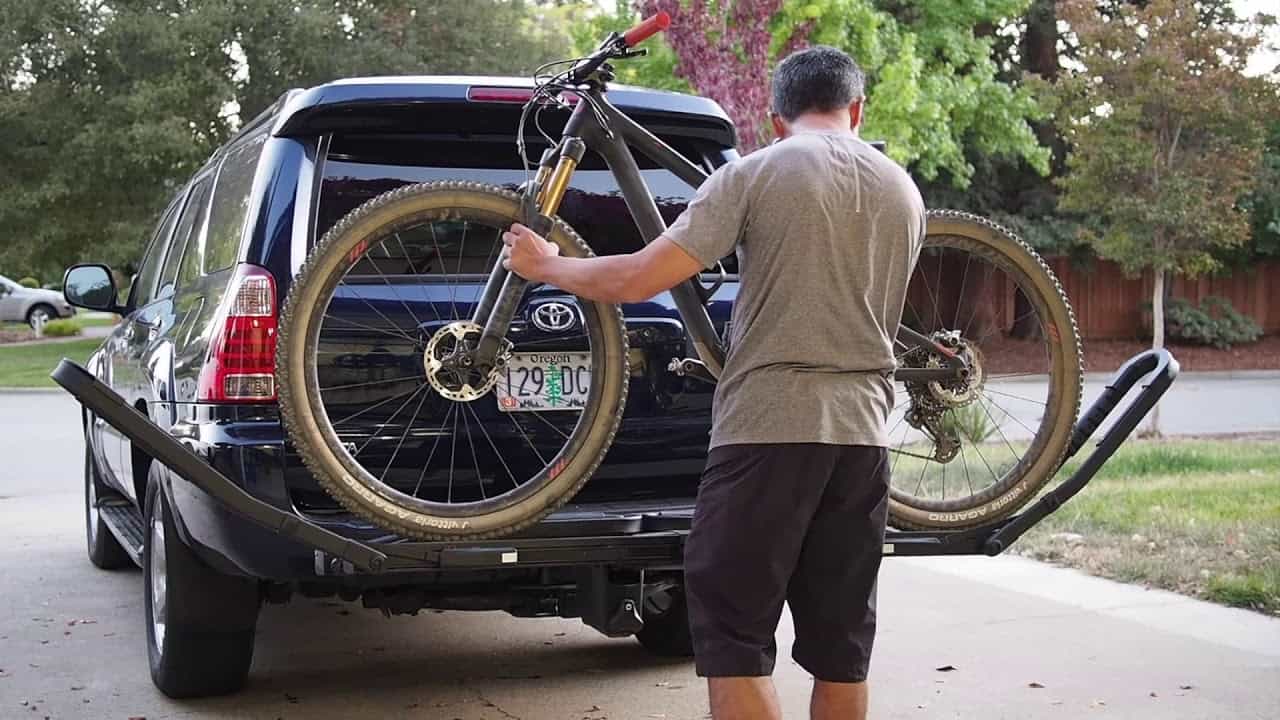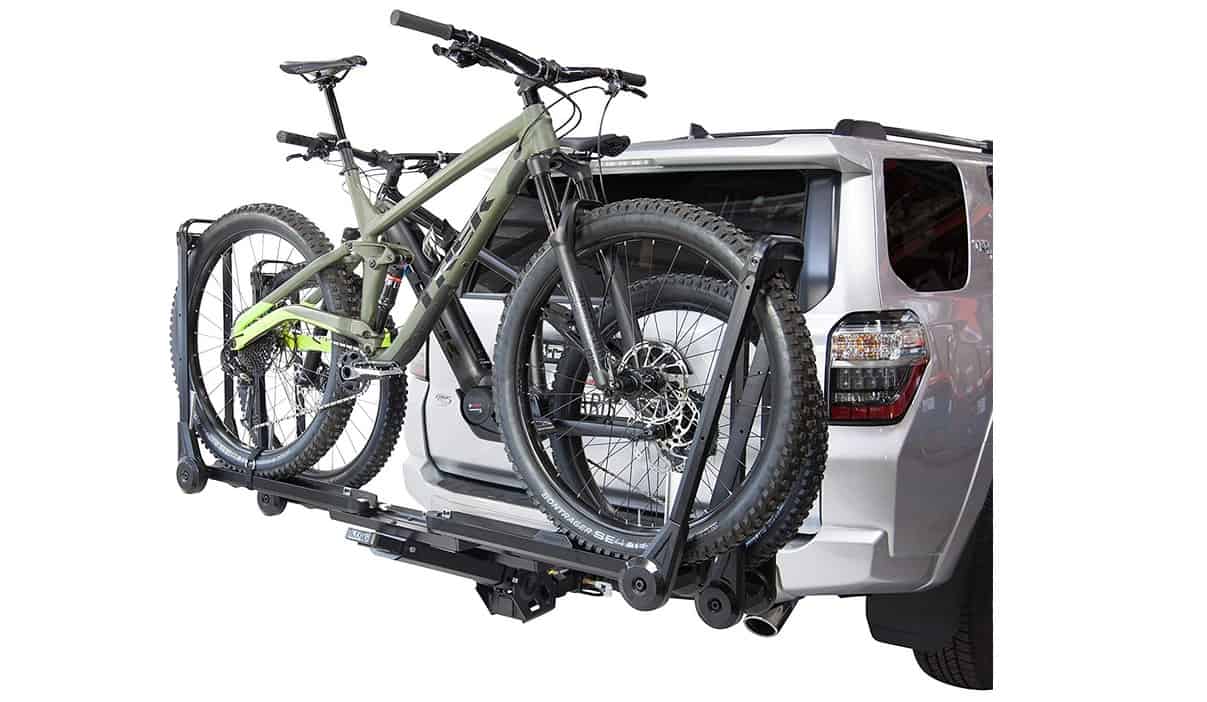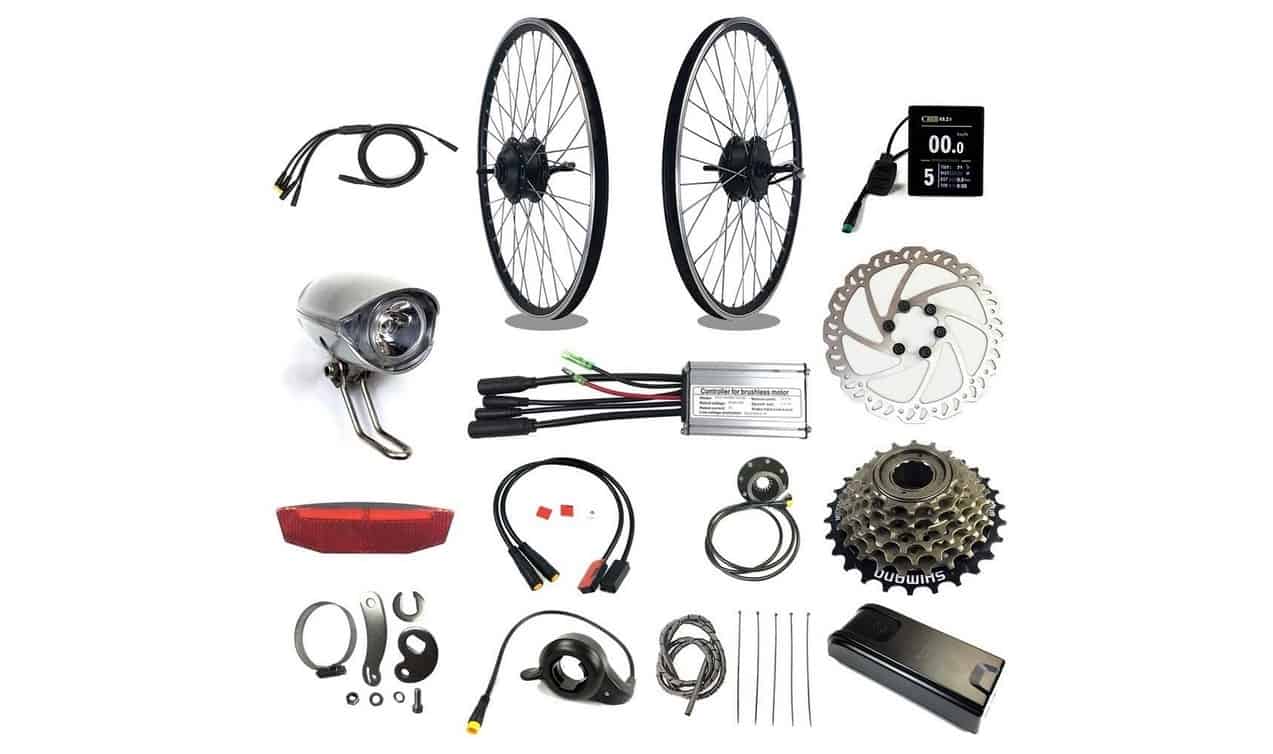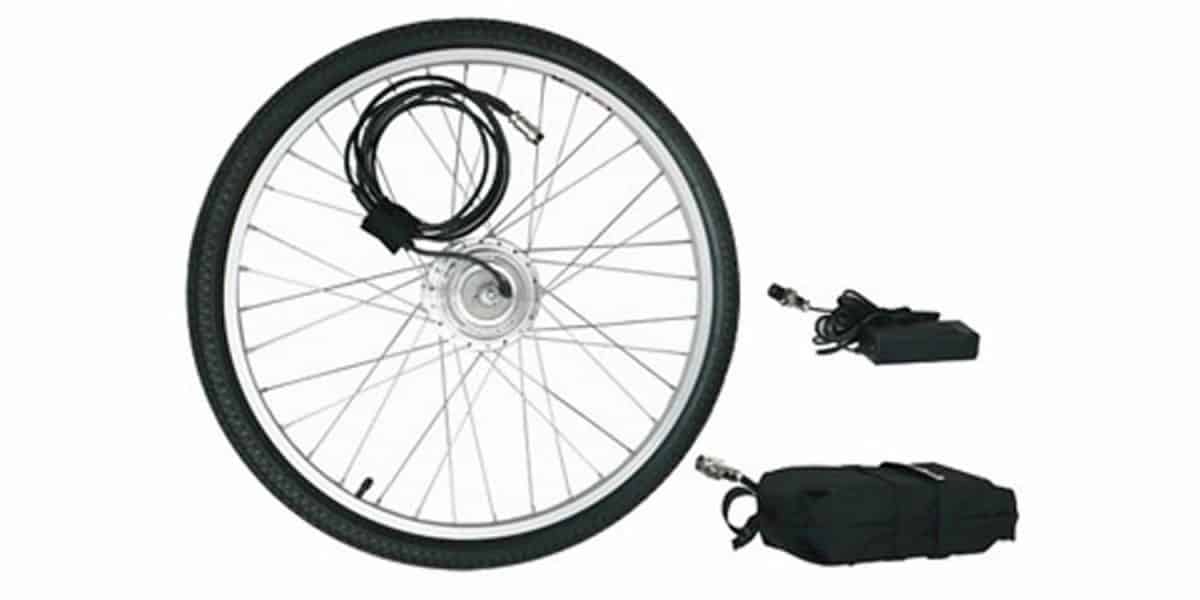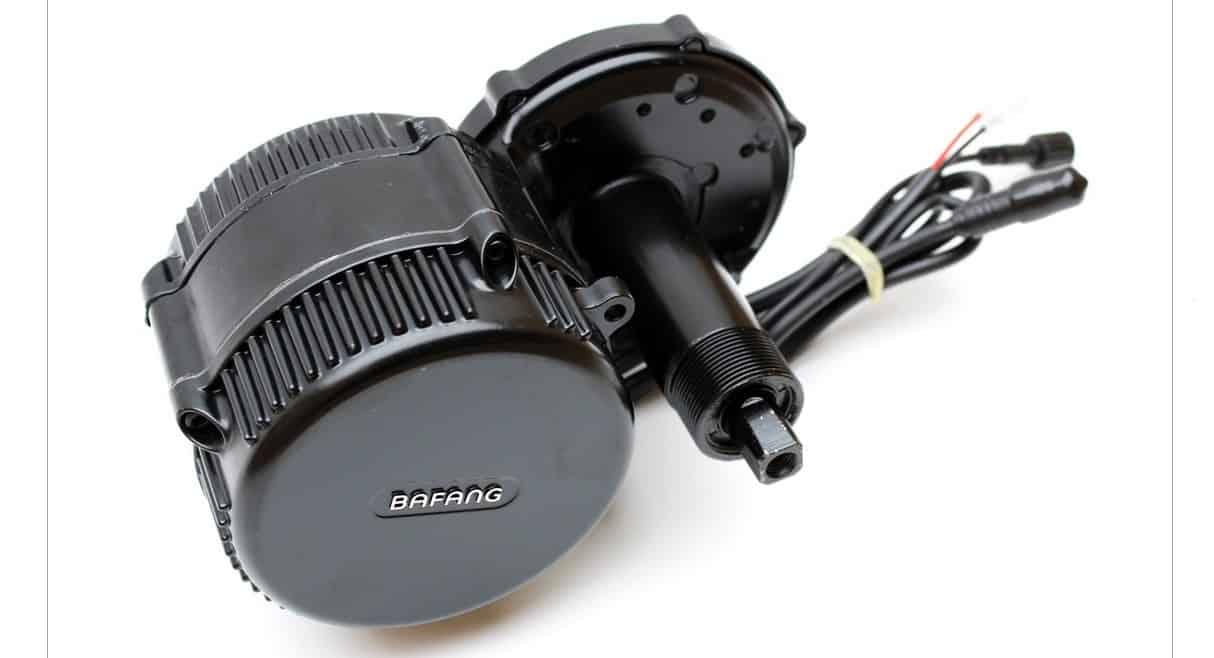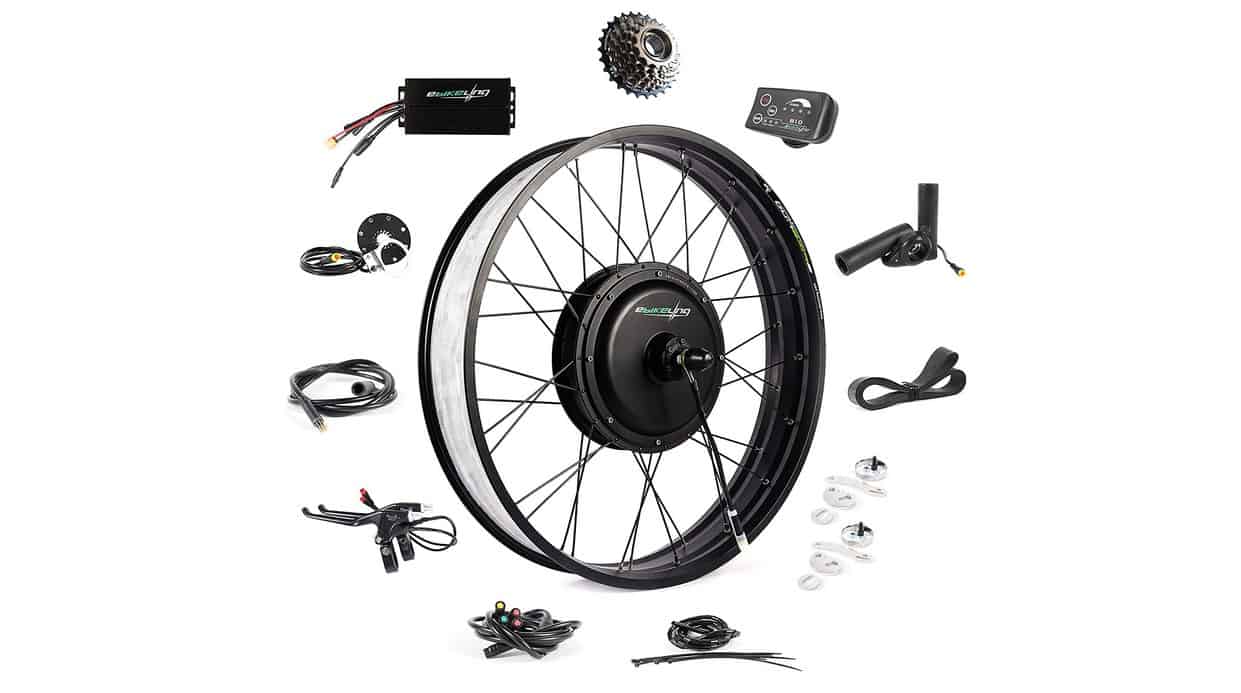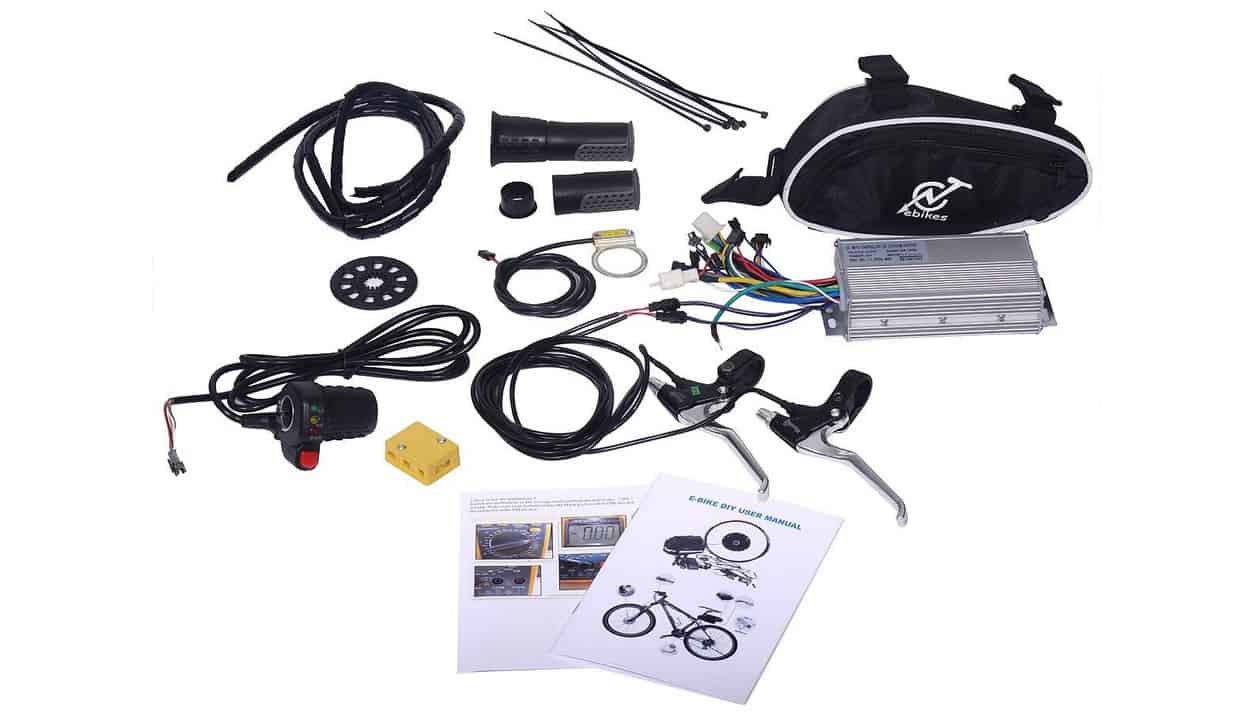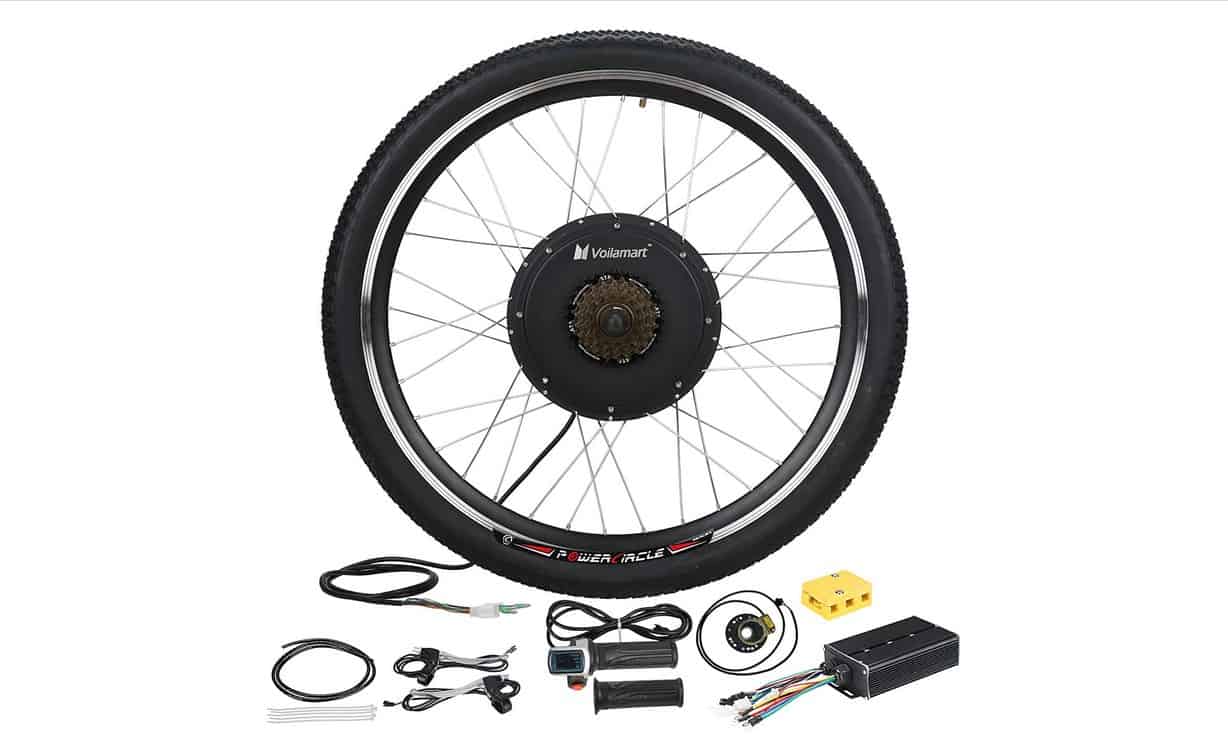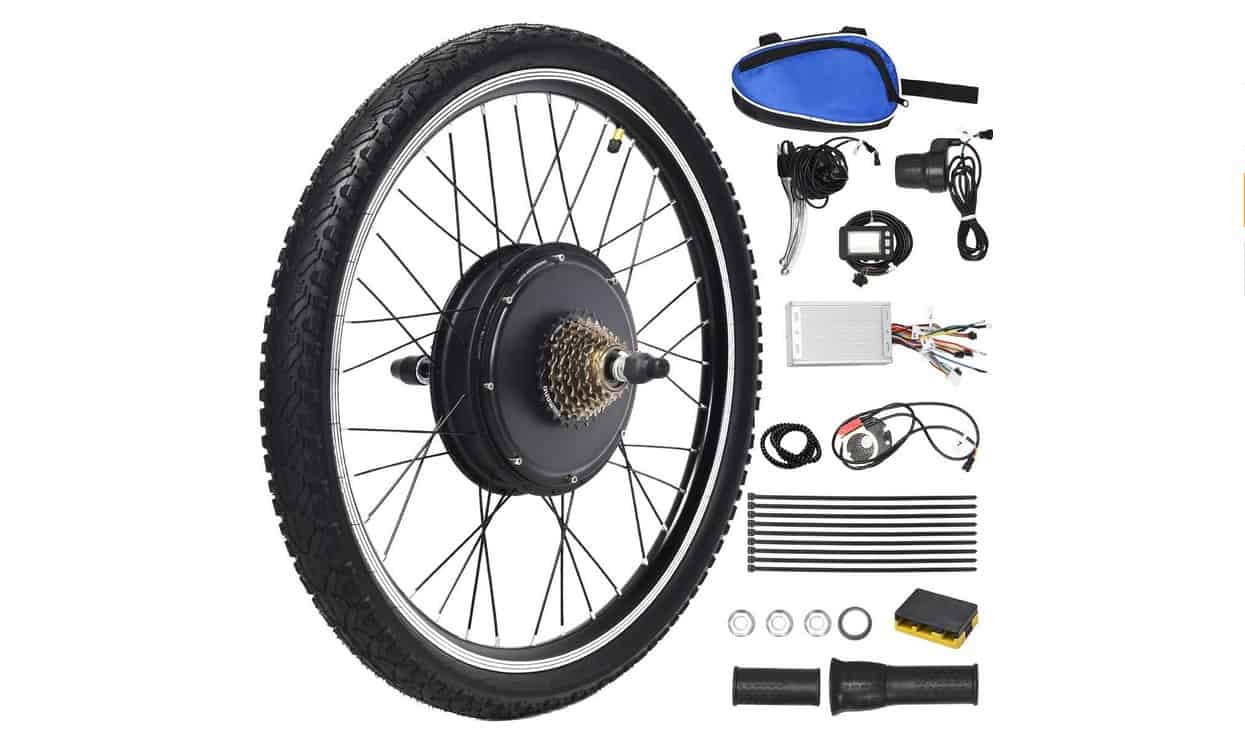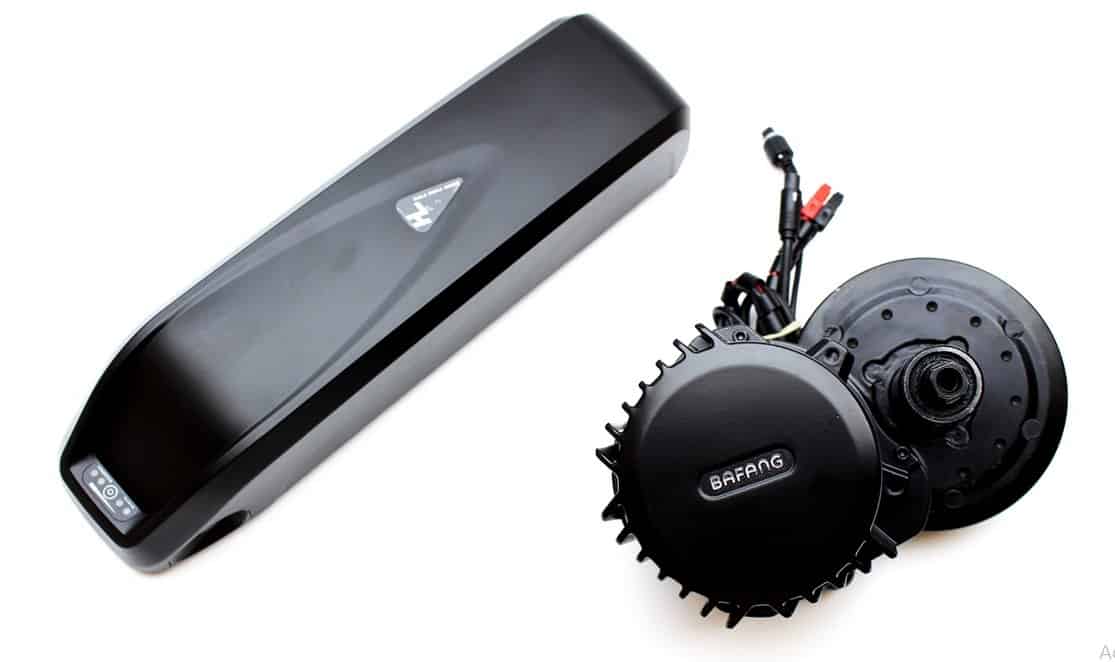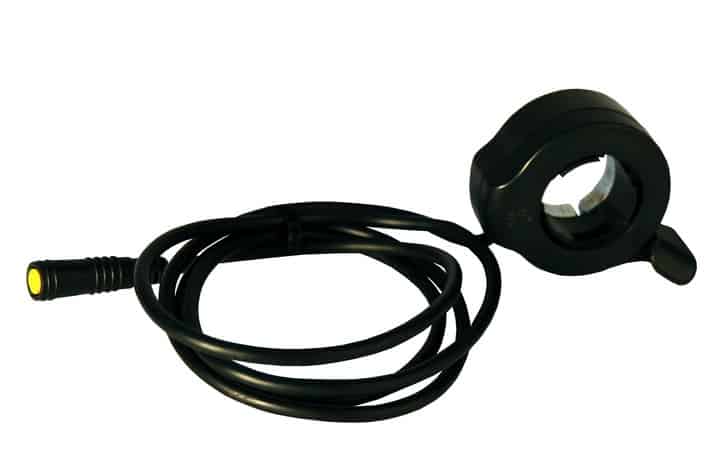If you are shopping around for a new personal transportation vehicle, you may be comparing motorcycles vs electric bikes. Even the best electric bicycles, after all, lack the sheer power available with motorcycles. Keep reading to learn the differences between the two types of vehicles.
KEY TAKEAWAYS:
- Motorcycles are faster and much more powerful than even the most renowned electric bikes.
- Electric bikes, on the other hand, are cheaper to purchase and will not require adherence to the same insurance and licensing obligations.
- E-bikes also require fewer maintenance tasks and fewer repairs, and they are easier to stow away during commutes and errands.
Differences Between Motorcycles and Electric Bikes
The main difference between the two vehicle types is that motorcycles are fully powered by a motor, whereas electric bikes use electric motors to assist riders as needed, as human power is also used. Motorcycles also tend to be much more powerful than an electric bicycles, with many models ascending to speeds that rival the fastest automobiles.
Speeds
The difference in maximum speed between a motorcycle and an e-bike will be even starker than when comparing mopeds vs electric bikes. Motorcycles are essentially built for speed, with many reaching speeds above 60 miles per hour and certain dirt bike models reaching over 100 to 150 mph. An electrical bicycle, on the other hand, typically maxes out at 20 mph, thanks to the electric power on offer. This is not merely a function of motor power, as e-bikes are often purposefully hobbled by the manufacturers in order to meet local and federal laws and regulations regarding personal transport vehicles. To learn more about maximum thrust, check out this article comparing speed vs torque with electric bikes.
Rules and Regulations
Motorcycles require a driver’s permit, insurance, and demand that riders follow the same rules of the road that cars and trucks do. These rules are much laxer when it comes to electric bikes, though it will depend on where you live. Most states do not require e-bike riders to have a valid driver’s license and many states do not require insurance. It will also typically be against the law to ride a motorcycle without the appropriate safety gear, such as a helmet, and the same may not be true for e-bikes. Still, be sure to check with local regulatory agencies to obtain more detail about your specific requirements. California, for instance, is harsher when it comes to e-bikes than many other states.
Maintenance
There’s no way around it. Electric bikes require much less maintenance than motorcycles. Hogs, as they are affectionately known, require regular upkeep and maintenance and they will have to go in for repair if something goes wrong. E-bikes simply have fewer components, meaning fewer chances for malfunctions. On average, the repair costs for an e-bike will be much less than what you’ll find with a motorcycle. You can also simply swap out parts with an e-bike, such as the battery, which is something only an expert will be able to do with a motorcycle.
Insider Tip
If you are heading to purchase a motorcycle, make sure you are properly licensed and that you have the proper driving insurance.
Fuel
Most motorcycles require actual fuel, in the form of gasoline, whereas e-bikes are typically battery-charged. This means, over the long term, you are sure to save money on commuting costs if you ride an electric bike. Of course, plugging in an e-bike’s battery to charge will also cost money on your energy bill, but it will be much less than having to regularly fill up a gas tank. Additionally, many local municipalities and even gas stations now include charging stations for electric vehicles that are free or charge a nominal fee.
Cost
Motorcycles can be extremely expensive, with a new model costing $6,000 or more, depending on the features on offer. Electric bikes, on the other hand, can typically be purchased for $1,000 or under. As a matter of fact, the most expensive e-bikes come in at around half of the average price of a motorcycle. Combine this increased up-front cost with insurance obligations, licensing fees, repair, and maintenance, and e-bikes are the clear choice for budget-conscious commuters.
Parking
Motorcycles will need a traditional parking spot, whereas e-bikes could get placed near regular bicycles. Additionally, some e-bikes are foldable and compact, so they can be carried in during errands or work.
F.A.Q.S
Is an e-bike better for commuting than a motorcycle?
This depends on your needs. An electric bicycle will be easier to stow when not in use and can be parked just about anywhere, though their electric motors will not boast as much juice as a motorcycle.
What is a moped bike?
A moped bike is essentially an electric vehicle to suit electric bicycle riders. These vehicles excel on traditional roads and bicycle paths.
Can an electric bike compete with a motorcycle?
Electric bikes, like all electric vehicles, have electric motors. Generally speaking, these will not perform as well as road motorcycles or even electric scooters. Though they will do a decent job on a paved level surface.
STAT: According to a 2018 bicycle industry analysis, e-bikes sales increased 83 percent between May of 2017 and May of 2018, and e-bikes made up 10 percent of overall bikes sales in the U.S. for that time period. (source)
REFERENCES:

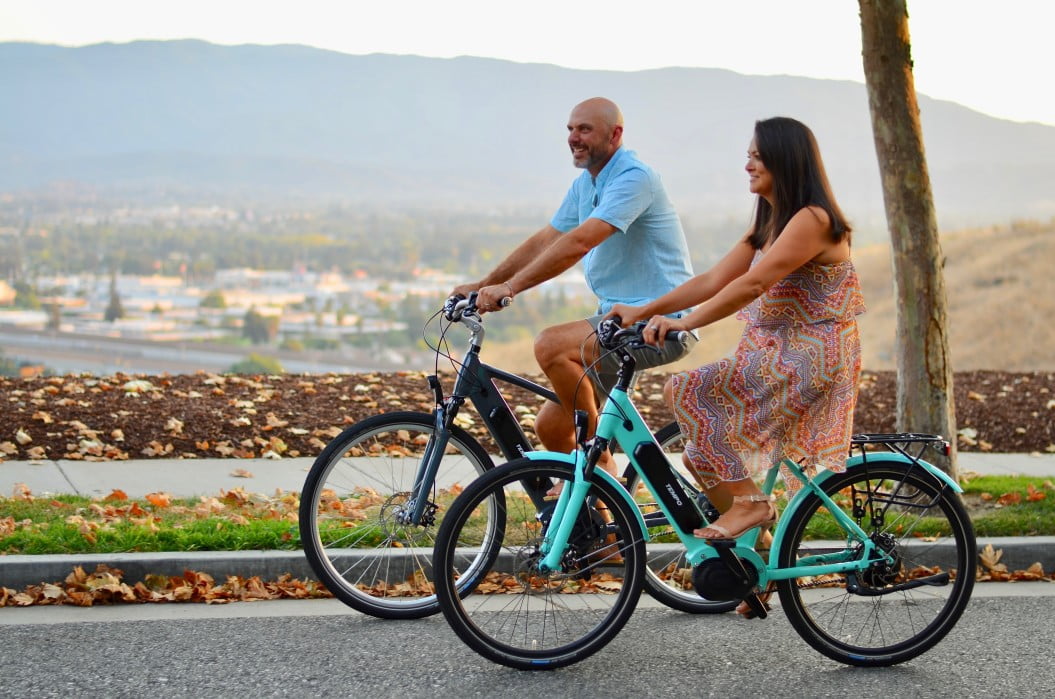













![Best Batteries for Electric Bikes in [year] 7 Best Batteries for Electric Bikes in 2025](https://www.gadgetreview.dev/wp-content/uploads/best-battery-for-electric-bike.jpeg)
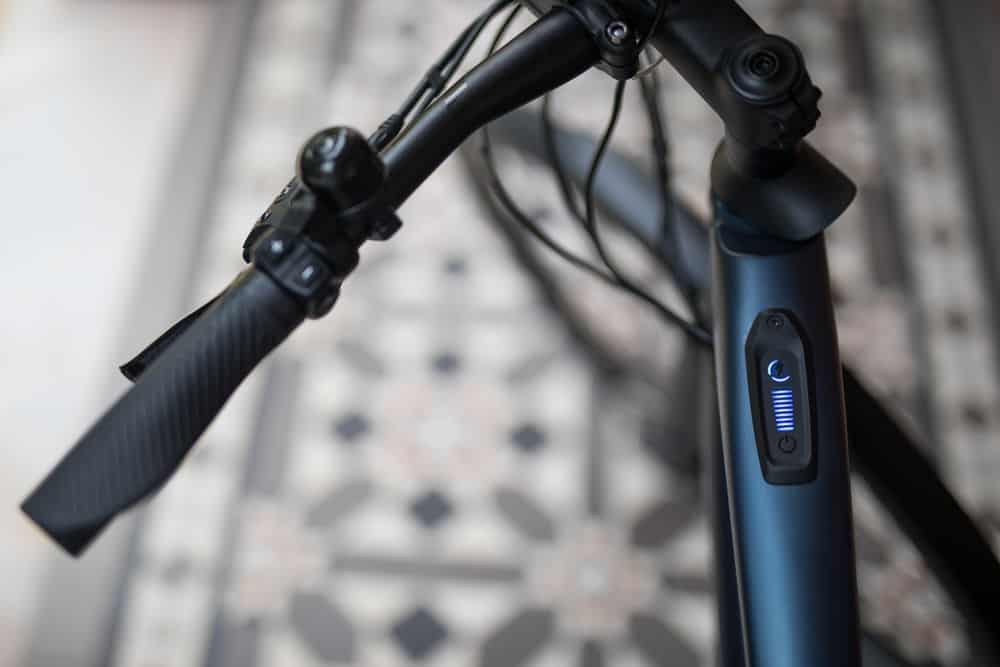
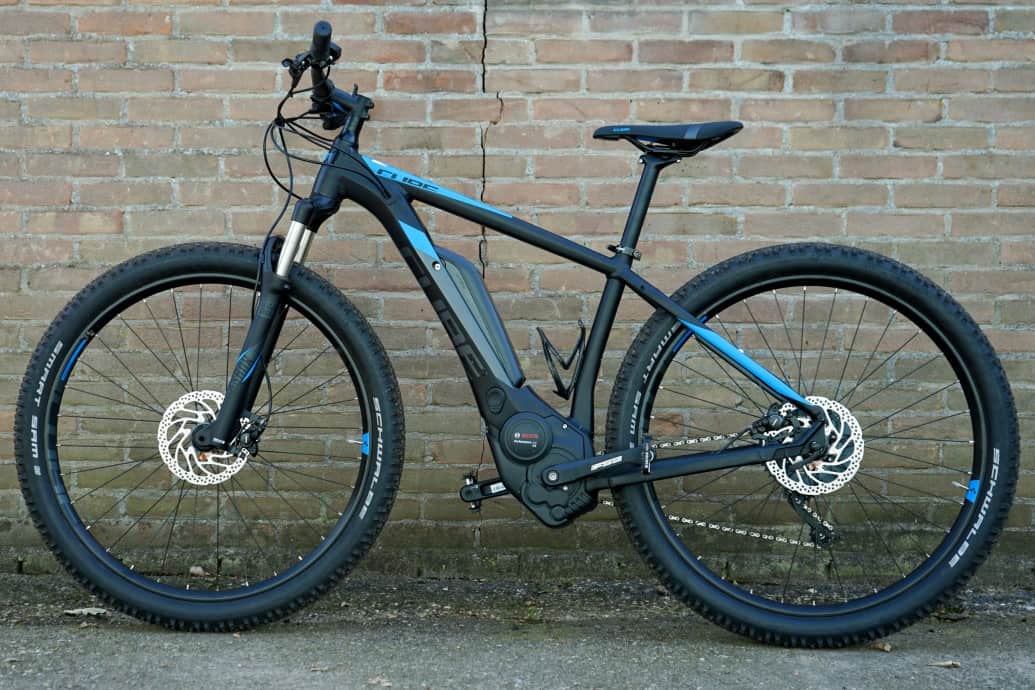
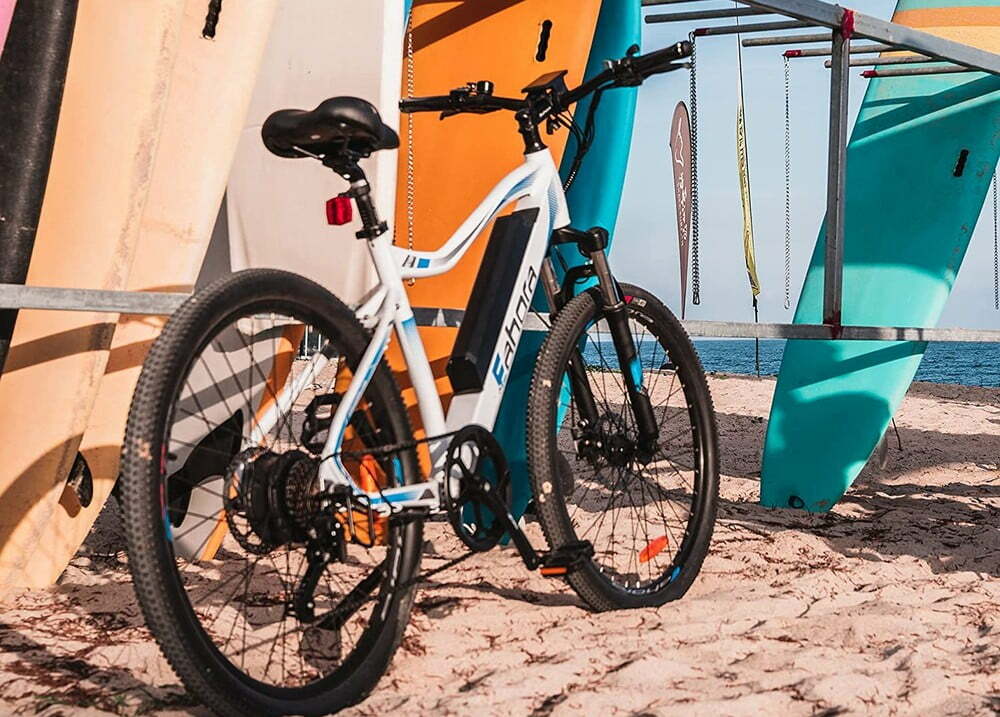
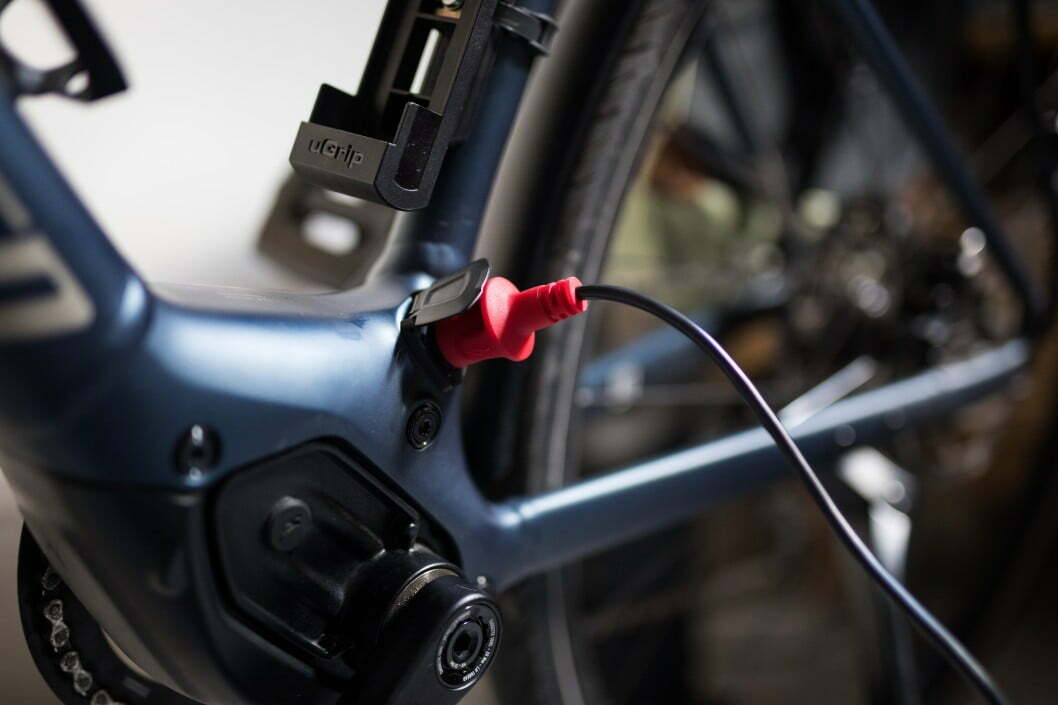
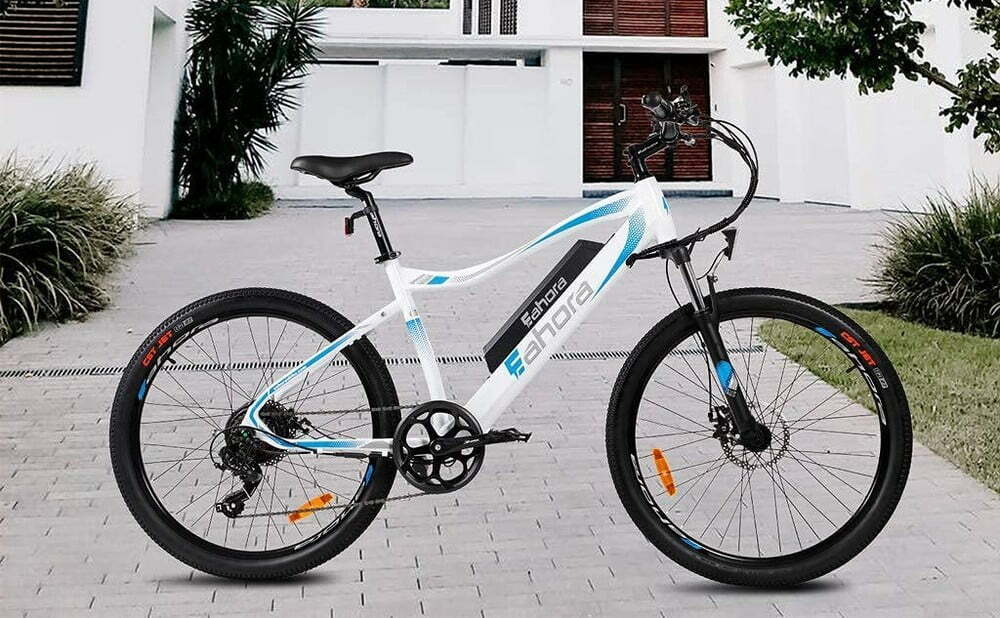
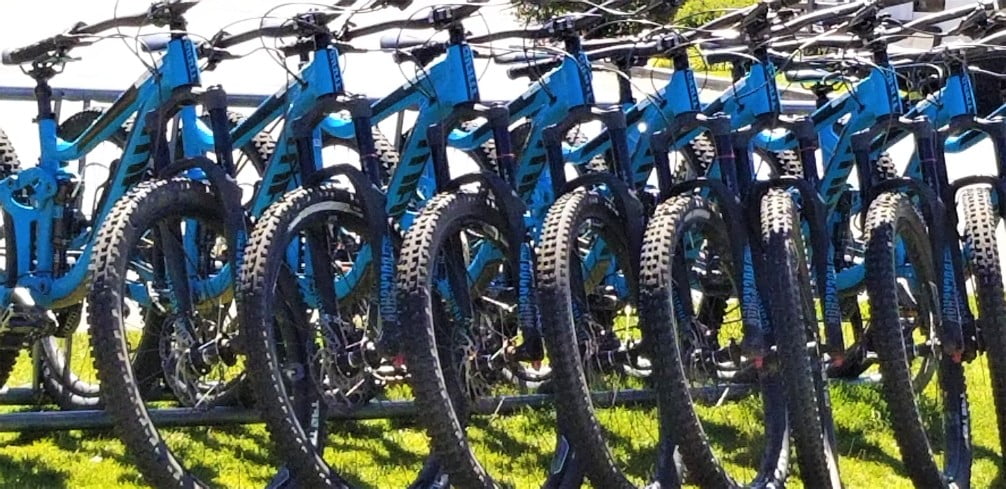

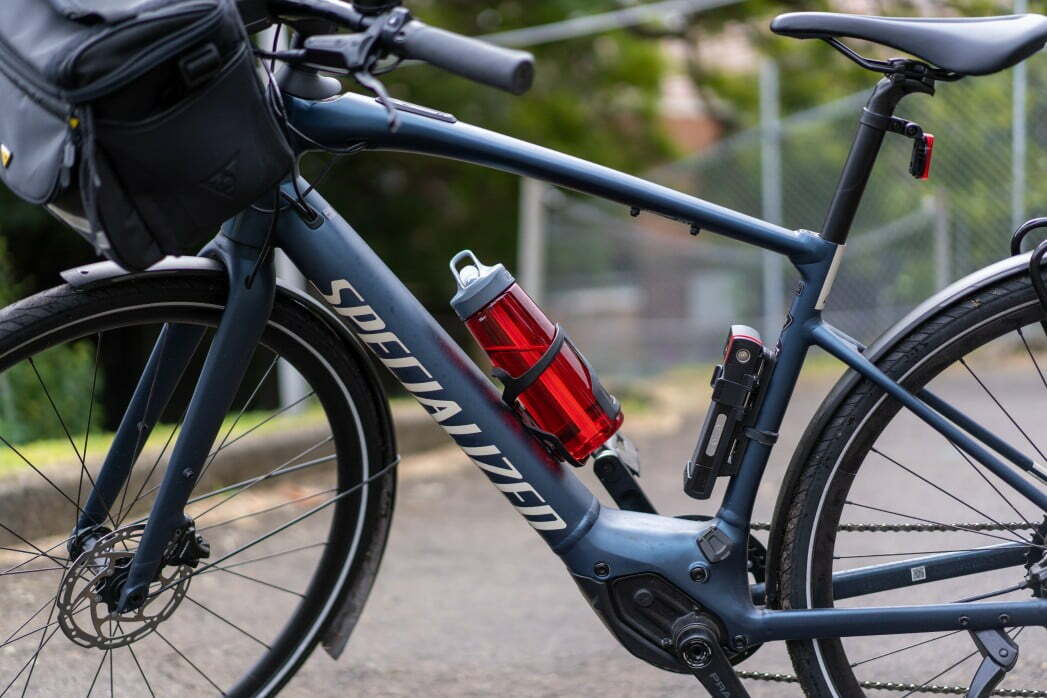
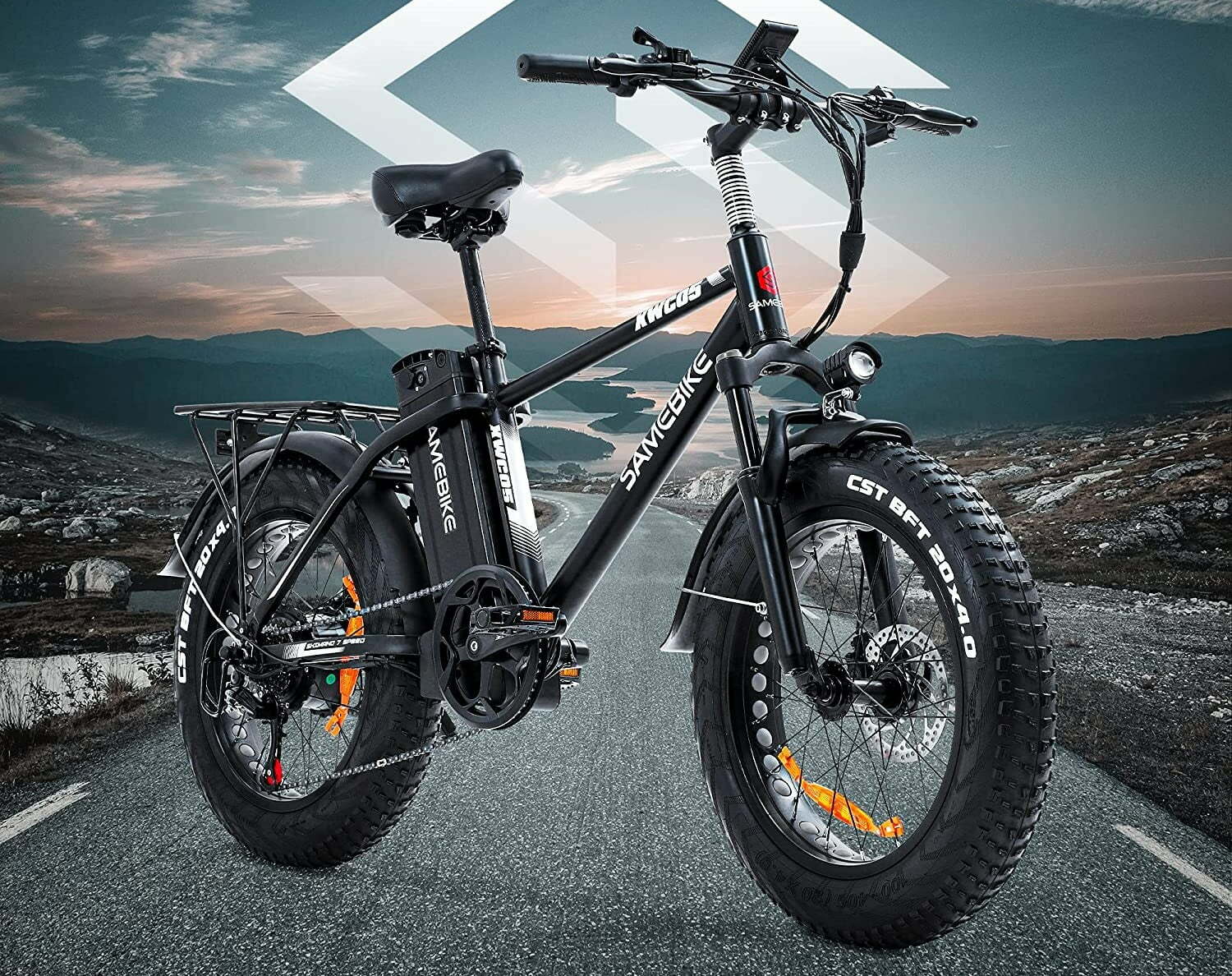
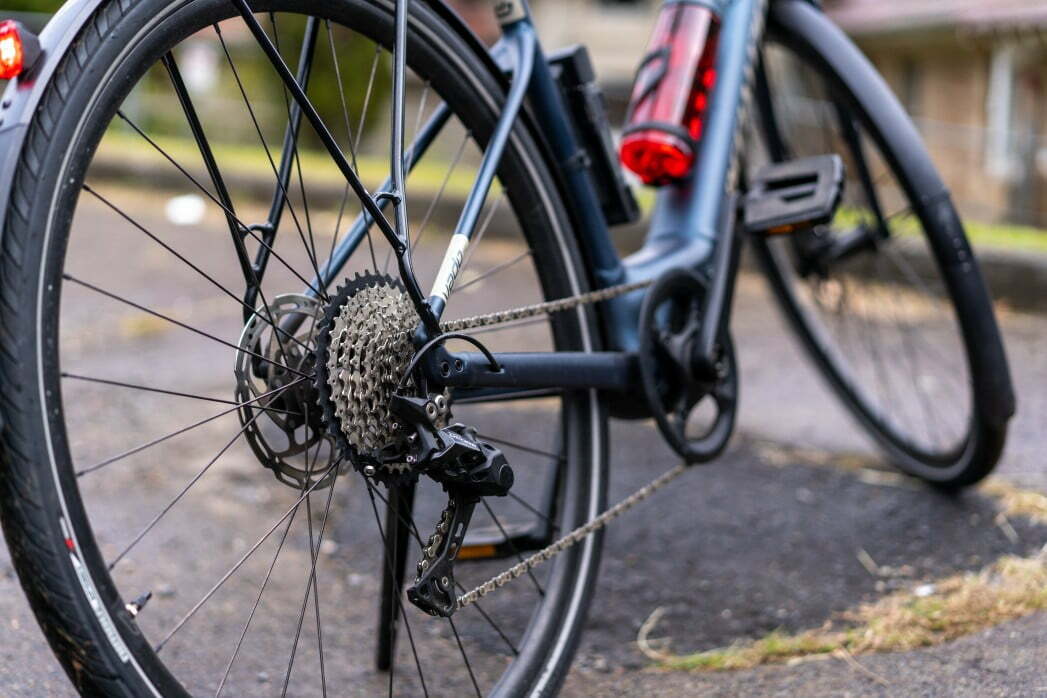
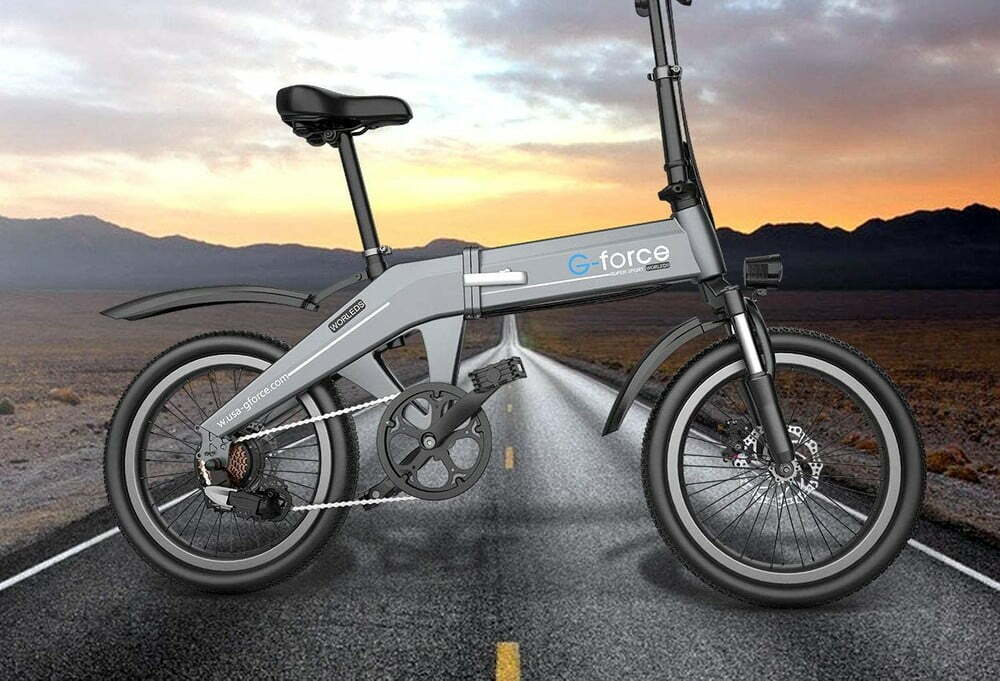
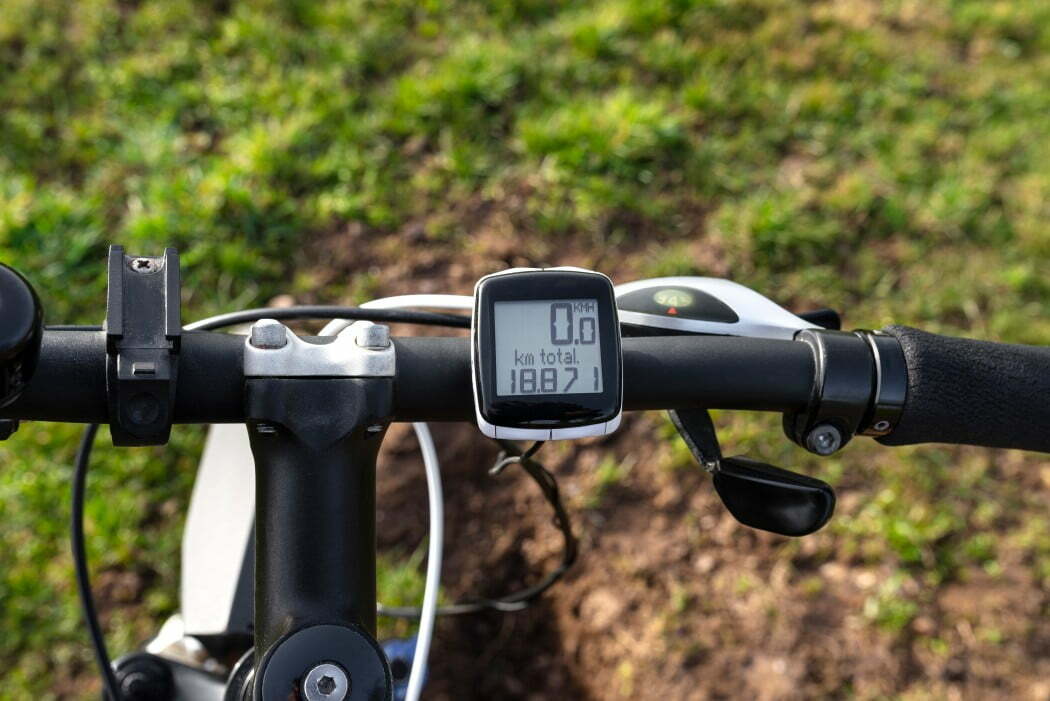
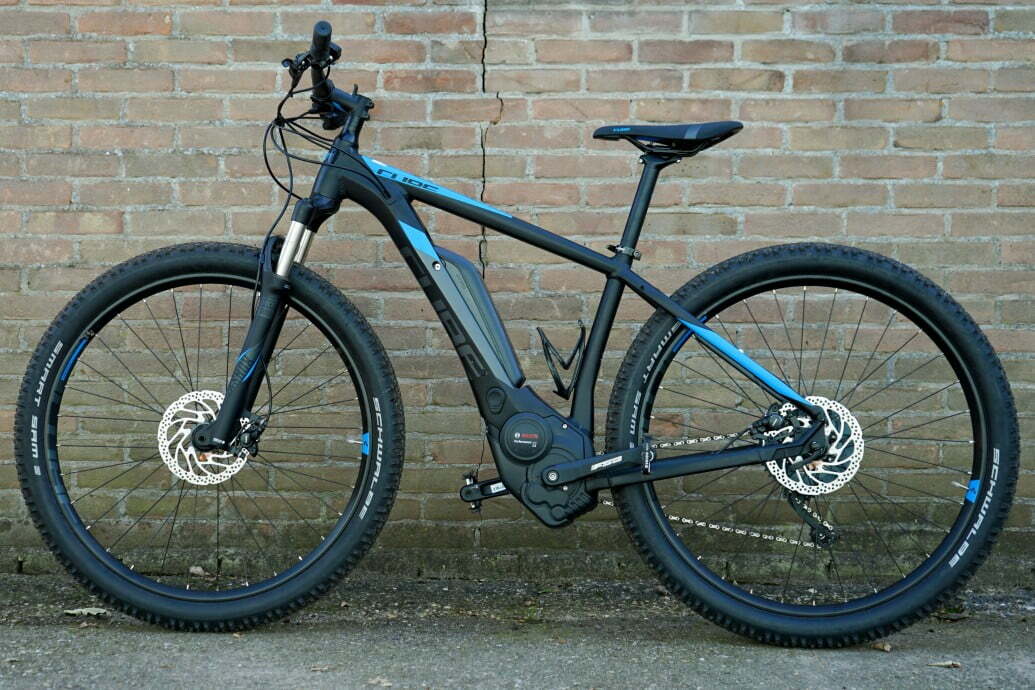
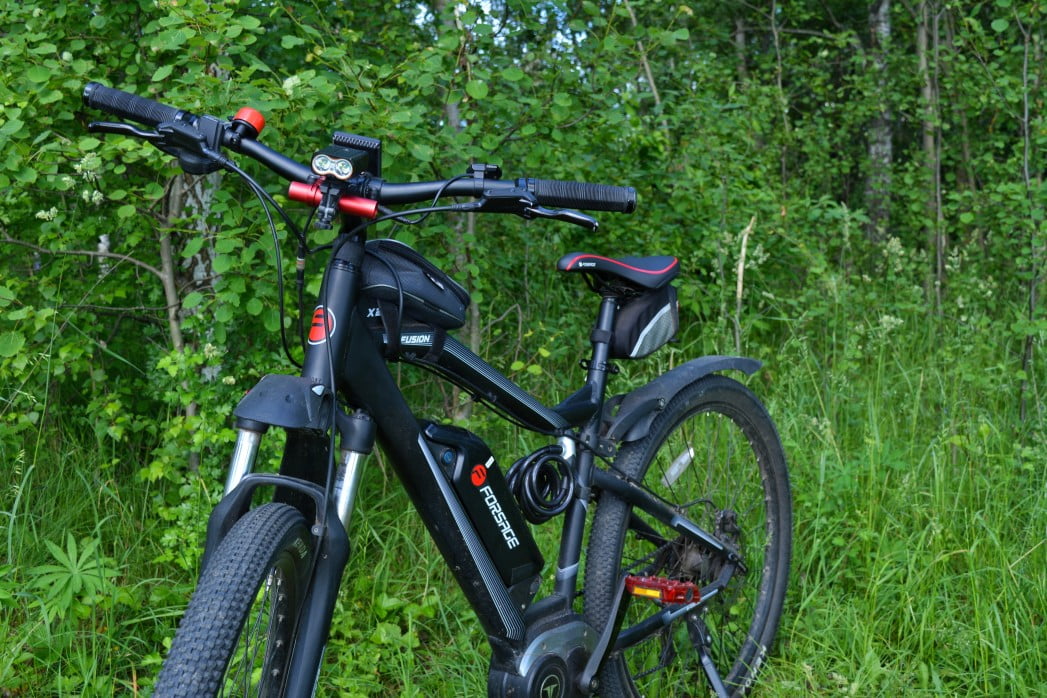
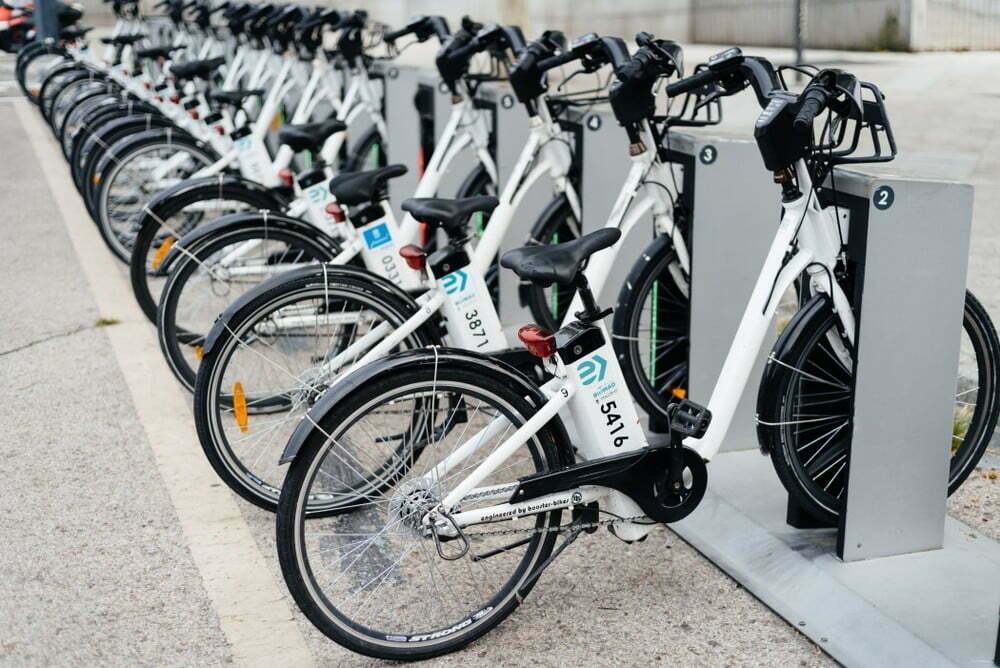
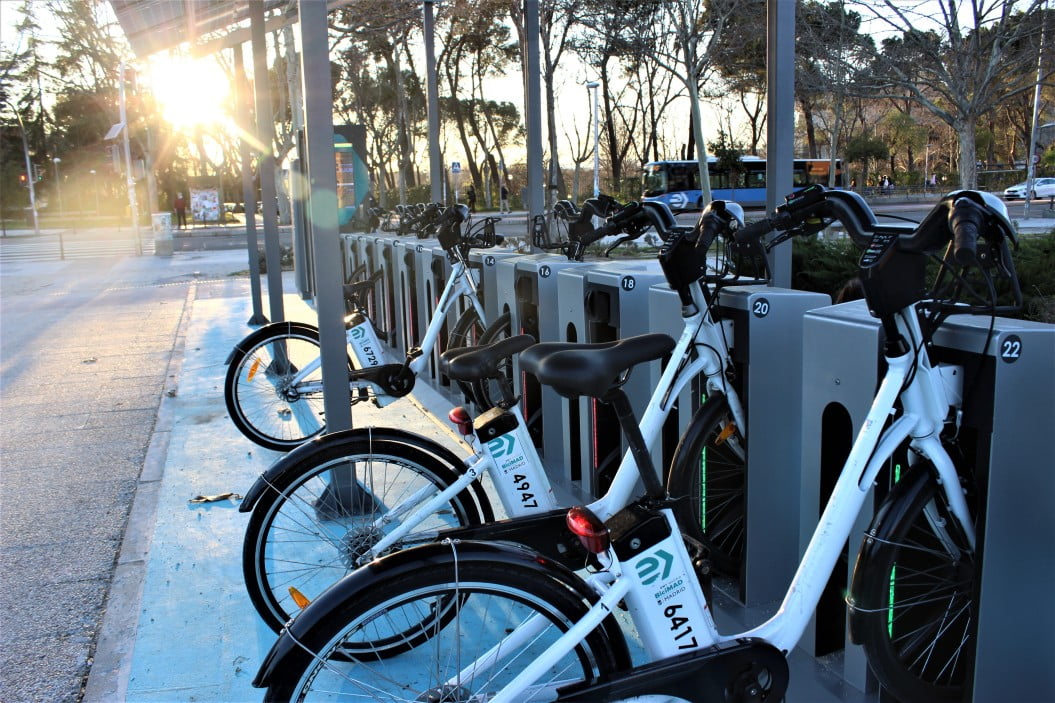
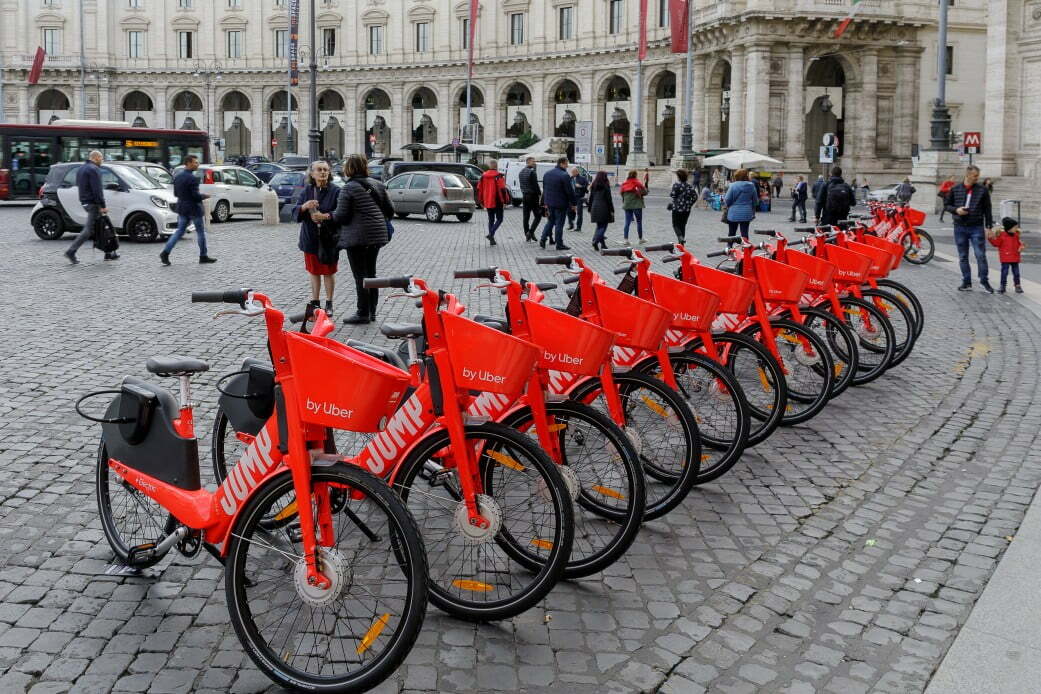

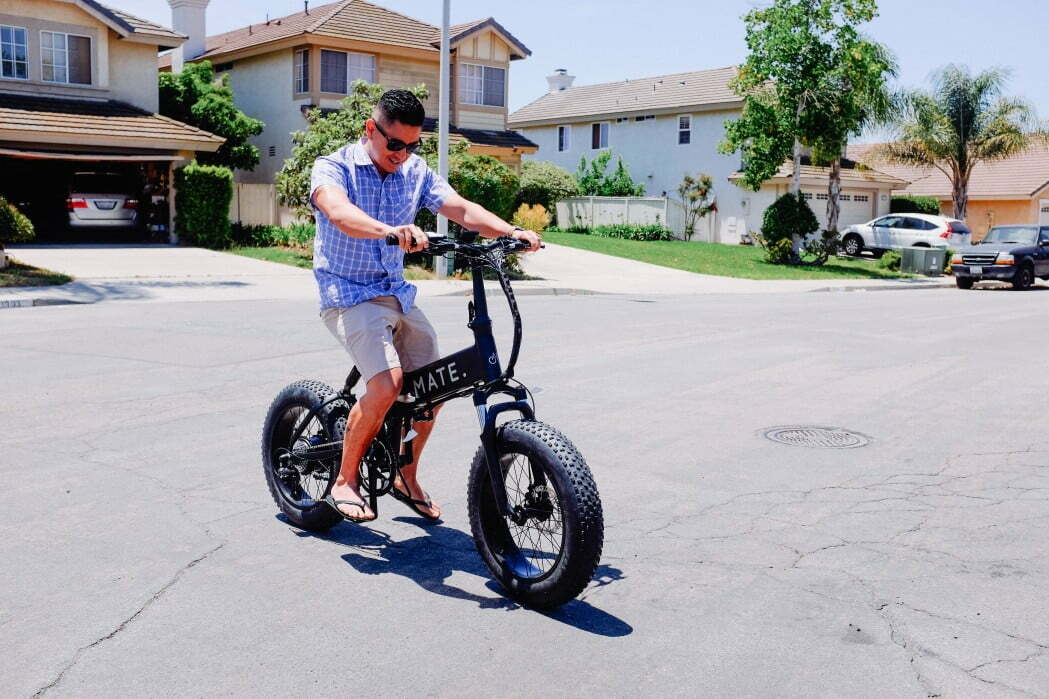
![Best Electric Bike in [year] ([month] Reviews) 27 Best Electric Bike in 2025 (April Reviews)](https://www.gadgetreview.dev/wp-content/uploads/elby-s9-750x422-1.png)
![Best Bikes in [year] ([month] Reviews) 28 Best Bikes in 2025 (April Reviews)](https://www.gadgetreview.dev/wp-content/uploads/cheapest-electric-bikes-1.jpg)
![Best Front Drive Electric Motor Bikes in [year] 29 Best Front Drive Electric Motor Bikes in 2025](https://www.gadgetreview.dev/wp-content/uploads/best-front-drive-electric-motor-bikes-image.jpg)
![Best Cannondale Electric Bikes in [year] 30 Best Cannondale Electric Bikes in 2025](https://www.gadgetreview.dev/wp-content/uploads/best-cannondale-electric-bikes-image.jpg)
![Best Luna Cycle Electric Bikes in [year] 31 Best Luna Cycle Electric Bikes in 2025](https://www.gadgetreview.dev/wp-content/uploads/Luna-Cycle-Apex-Electric-Bike.webp)
![Best Rad Power Electric Bikes in [year] 32 Best Rad Power Electric Bikes in 2025](https://www.gadgetreview.dev/wp-content/uploads/best-rad-power-electric-bikes-image.jpg)
![Best Rear Drive Motor Electric Bikes in [year] 33 Best Rear Drive Motor Electric Bikes in 2025](https://www.gadgetreview.dev/wp-content/uploads/best-rear-drive-motor-electric-bikes-image.jpg)
![Best Electric Bike Locks in [year] 34 Best Electric Bike Locks in 2025](https://www.gadgetreview.dev/wp-content/uploads/best-electric-bike-locks-image.jpg)
![Ebikes with Longest Range in [year] 35 Ebikes with Longest Range in 2025](https://www.gadgetreview.dev/wp-content/uploads/best-ebike-with-longest-range-image.jpg)
![Best Ebike Conversion Kits in [year] 36 Best Ebike Conversion Kits in 2025](https://www.gadgetreview.dev/wp-content/uploads/best-ebike-conversion-kit.jpg)
![Best Electric Bike Trailers in [year] 37 Best Electric Bike Trailers in 2025](https://www.gadgetreview.dev/wp-content/uploads/best-electric-bike-trailers-image.jpg)
![Best Bike Rack for Electric Bikes in [year] 38 Best Bike Rack for Electric Bikes in 2025](https://www.gadgetreview.dev/wp-content/uploads/best-bike-rack-for-electric-bikes-image.jpg)
![Best Electric Bike Helmets in [year] 39 Best Electric Bike Helmets in 2025](https://www.gadgetreview.dev/wp-content/uploads/best-electric-bike-helmets-image.jpg)
![Best Schwinn Electric Bikes in [year] 40 Best Schwinn Electric Bikes in 2025](https://www.gadgetreview.dev/wp-content/uploads/Electric-Bikes-image.jpg)
![Best Throttle Electric Bikes in [year] 41 Best Throttle Electric Bikes in 2025](https://www.gadgetreview.dev/wp-content/uploads/best-throttle-electric-bike-image.jpg)
![Lightest Electric Bikes in [year] 42 Lightest Electric Bikes in 2025](https://www.gadgetreview.dev/wp-content/uploads/lightest-electric-bike-image.jpg)
![Best All Terrain Electric Bikes in [year] 43 Best All Terrain Electric Bikes in 2025](https://www.gadgetreview.dev/wp-content/uploads/best-all-terrain-electric-bike-image.jpg)
![Best Cheapest Electric Bikes in [year] 44 Best Cheapest Electric Bikes in 2025](https://www.gadgetreview.dev/wp-content/uploads/cheapest-electric-bikes.jpg)
